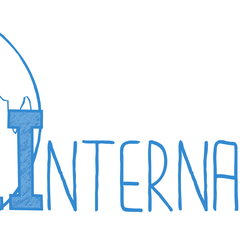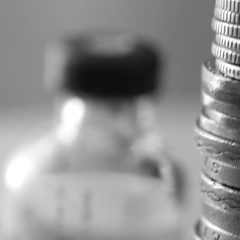
T1International Statement on COVID-19
18 Mar 2020, 8:53 a.m. in News & Statements by T1International
As the world grapples with the effects of a global pandemic, the situation is evolving quickly and the short and long-term impacts are still unclear. What is clear is that the COVID-19 crisis stresses the need to approach healthcare as a human right. The crisis also emphasizes the need for international cooperation to fix global health problems. There must be solidarity in the fight for #insulin4all and universal access to healthcare.
When Frederick Banting discovered insulin in 1922, he said of his discovery, “Insulin does not belong to me, it belongs to the world.” Similarly, in 1955, when Jonas Salk was interviewed about the vaccine he developed for polio, he was asked who owned the patent, to which he responded, “Well, the people, I would say.” Banting and Salk put the good of the world above any desire for profit. It is imperative that once a vaccine is found for COVID-19, we follow in the footsteps of Banting and Salk, so that everyone in the world is able to access the vaccine for free. It is unconscionable that this is even in question.
Too many patients around the globe receive substandard care, and it is frightening that already strapped health systems will be further strained by this crisis. Until a vaccine is found, it is crucial that testing and treatment for COVID-19 be thorough, equitable, and affordable, regardless of income, insurance status, or location.
Governments must put the health of humankind first, and they should work to ensure that no one suffers unduly for making often difficult choices to protect themselves and others by preventing the spread of the illness. This particularly applies to the most vulnerable, who have been marginalized in their communities prior to the coronavirus.
It is also essential that the language about and support provided to vulnerable people - including those who are older, immunocompromised, and in humanitarian crisis settings or displaced for any reason - is altered. Those with health conditions or disabilities, the elderly, and the poor are not disposable, as the media and public rhetoric often seem to imply. People with diabetes, along with others, have been shouting about the inadequate healthcare around the world for a long time. Now that this global epidemic is a reality, more people will suffer and die because of profit-driven and under-resourced health systems.
We hope that this situation, while scary and challenging, will show how strong humanity can be, and how coming together will always make us stronger. We are a community, and in this time of uncertainty, it’s more important than ever for us to join together and care for one another.
Support and Guidance:
- At a glance factsheet: COVID-19 and diabetes
- Follow international recommendations of: social distancing, washing your hands with soap for 20 seconds regularly, not touching your face, seeking advice if experiencing flu-like symptoms (especially fever and shortness of breath).
- The World Health Organization is sharing updates on their website, including general guidance on staying safe, as well as country and technical guidance.
- Some states in the USA that have declared a state of emergency are allowing people who need essential medicines to receive emergency prescription, and the CDC has guidance for insulin storage and use in emergencies that can be found here.
- T1International has a list of Insulin Support Resources for those in the USA.
- Insulin for Life is a not-for-profit organisation that collects and distributes in-date insulin and other diabetes supplies worldwide that would otherwise be wasted. You can find your affiliated Insulin for Life centre that collects unused supplies here.











